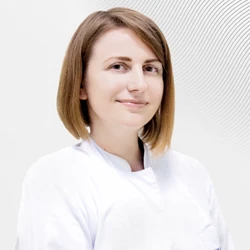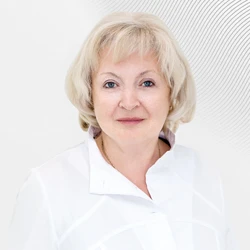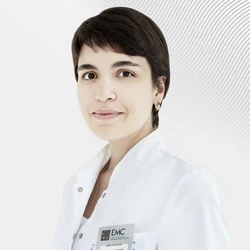European Medical Center is offering you some information about new diagnostic method in cardiology provided at our clinic – 64 slice heart ST scan of coronary artery and arteries of any localization.
High death rates from cardiac disease call for early diagnostics. In Russia mortality from cardiovascular disease is more than 50%. One of the main causes for developing heart attacks, strokes is atherosclerosis. Unfortunately, common, non-invasive methods that have been widely used to diagnose coronary heart disease are not informative enough to evaluate the arteries, or to assess an extent of surgical intervention for myocardial revascularization.
It has not been long time ago that coronary angiography was considered the most accurate diagnostic method for its high precision in detecting narrowing of an artery. Since the procedure is invasive, involving the insertion of a catheter into an artery it may incur some side effects and require hospitalization of a patient. With the introduction of non-invasive imaging technologies it has become possible to diagnose a variety of cardiac abnormalities with potentially less risk and discomfort to the patient.
CORONARY CT ANGIOGRAPHY (CTA)
Coronary computed tomography angiography (CTA) is a noninvasive heart imaging test currently undergoing rapid development and evaluation. High-resolution, 3-dimensional pictures of the moving heart and great vessels are produced during a coronary CTA to determine if either fatty or calcium deposits (plaques) have built up in the coronary arteries.
Before the test, an iodine-containing contrast dye is injected into an IV in the patient's arm to improve the quality of the images.
Although coronary CTA examins are growing in use, coronary angiograms remain the "gold standard" for detecting coronary artery stenosis, which is a significant narrowing of an artery that could require catheter-based intervention (such as stenting) or surgery (such as bypassing) to treat the narrowed area. However, coronary CTA has consistently shown the ability to rule out significant narrowing of the major coronary arteries. This new technology also can noninvasively detect "soft plaque," or fatty matter, in the coronary artery walls that has not yet hardened but that may lead to future problems.
Coronary CTA is most useful to determine whether symptoms of chest pain may be caused by a coronary blockage, particularly in individuals that may be at risk, such as those with a family history of cardiac events, diabetes, high blood pressure.
In the heart, the scan can detect aortic aneurysms and calcium deposits within plaque in the coronary arteries. However, the presence of calcium deposits in the coronary arteries does not necessarily mean that an artery is dangerously narrowed by disease or that a severe health threat exists. For example, calcium deposits are often found in older people as a result of their age. In addition, the CT scan cannot give a precise location of the diseased portion of the artery.
Before the test, an iodine-containing contrast dye is injected into an IV in the patient's arm to improve the quality of the images.
Although coronary CTA examins are growing in use, coronary angiograms remain the "gold standard" for detecting coronary artery stenosis, which is a significant narrowing of an artery that could require catheter-based intervention (such as stenting) or surgery (such as bypassing) to treat the narrowed area. However, coronary CTA has consistently shown the ability to rule out significant narrowing of the major coronary arteries. This new technology also can noninvasively detect "soft plaque," or fatty matter, in the coronary artery walls that has not yet hardened but that may lead to future problems.
Coronary CTA is most useful to determine whether symptoms of chest pain may be caused by a coronary blockage, particularly in individuals that may be at risk, such as those with a family history of cardiac events, diabetes, high blood pressure.
In the heart, the scan can detect aortic aneurysms and calcium deposits within plaque in the coronary arteries. However, the presence of calcium deposits in the coronary arteries does not necessarily mean that an artery is dangerously narrowed by disease or that a severe health threat exists. For example, calcium deposits are often found in older people as a result of their age. In addition, the CT scan cannot give a precise location of the diseased portion of the artery.
RISKS OF CT HEART SCANS
There are risks associated with any computed tomography heart scan. The primary risks are radiation and the use of contrast media.
All computed tomography scans use radiation in the creation of images, which comes in the form of X-rays.
All computed tomography scans use radiation in the creation of images, which comes in the form of X-rays.
The primary concern of radiation exposure is that it is especially harmful to a fetus, and pregnant women should not receive a computed tomography heart scan. Though the amount of radiation exposure in a CT scan is relatively low, it still poses a risk.
Scans of the heart require contrast media, or dyes, to help enhance the visualization of coronary arteries. Contrast media is administered by injection into a vein, and you may feel a slight sensation during this injection. Contrast media is commonly iodine-based, which can trigger an allergic reaction in some patients. In addition, contrast media may lead to kidney failure in patients with kidney problems. As part of your pre-scan evaluation, you should receive lab tests to determine the health of your kidneys.
Scans of the heart require contrast media, or dyes, to help enhance the visualization of coronary arteries. Contrast media is administered by injection into a vein, and you may feel a slight sensation during this injection. Contrast media is commonly iodine-based, which can trigger an allergic reaction in some patients. In addition, contrast media may lead to kidney failure in patients with kidney problems. As part of your pre-scan evaluation, you should receive lab tests to determine the health of your kidneys.
CONCLUSION
A study by an international team of cardiac imaging specialists concludes that sophisticated computed tomography (CT) scans of the heart and its surrounding arteries are almost as reliable and accurate as more invasive procedures to check for blockages.
Was this information helpful?
Questions and answers
Ask a Question





.webp)
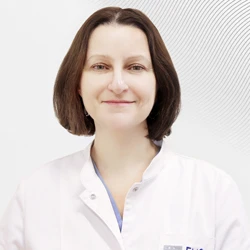

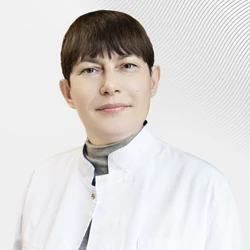
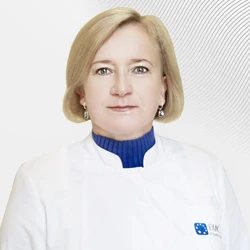
.webp)
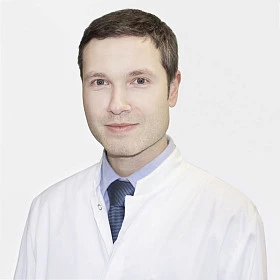
.webp)
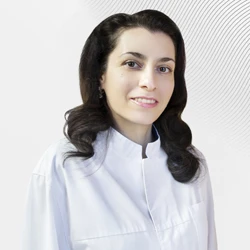
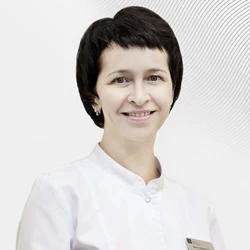
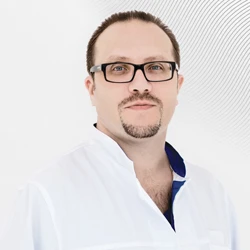
.webp)
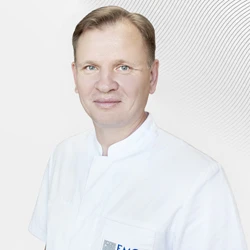

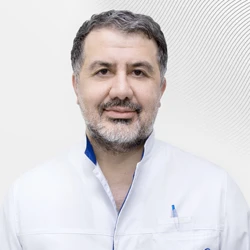
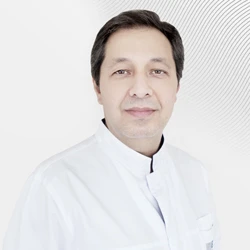
.webp)
